High-altitude environments present some of the most challenging conditions for plant life, yet within these harsh landscapes, a variety of moss species have adapted and thrived. These mosses, often rare and specialized, exhibit unique characteristics and resilience that allow them to survive in extreme conditions such as cold temperatures, high winds, and limited water availability. This article explores 18 of the rarest mosses found in high-altitude regions, shedding light on their distinct features, habitats, and the remarkable adaptations that enable their survival in such unforgiving environments.
Andreaea rupestris (Rock Thread Moss)
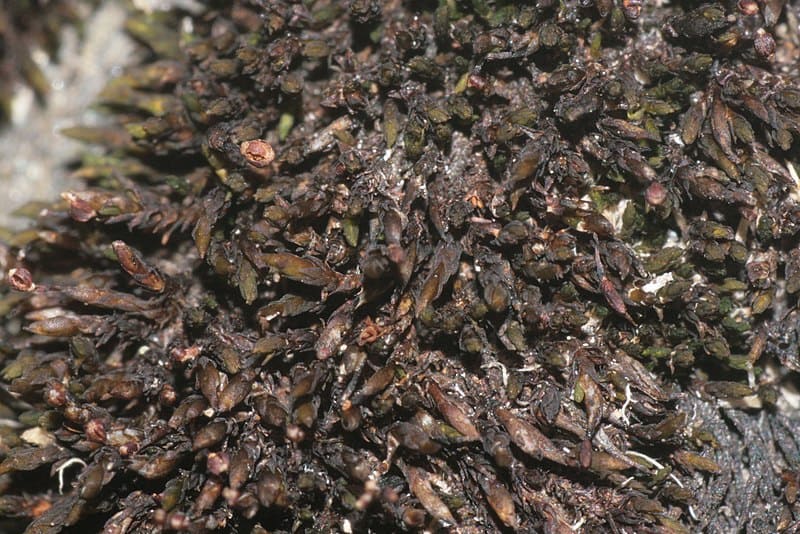
Andreaea rupestris is a distinctive moss found in high-altitude regions, often on exposed rock faces. It thrives in harsh, windy environments, exhibiting a remarkable ability to anchor itself firmly to rocky substrates. This moss has a dark, almost black appearance and slender, thread-like stems. Its unique adaptation to such inhospitable conditions makes it a rare and fascinating species among bryologists.
Cynodontium tenellum (Delicate Dog-tooth Moss)
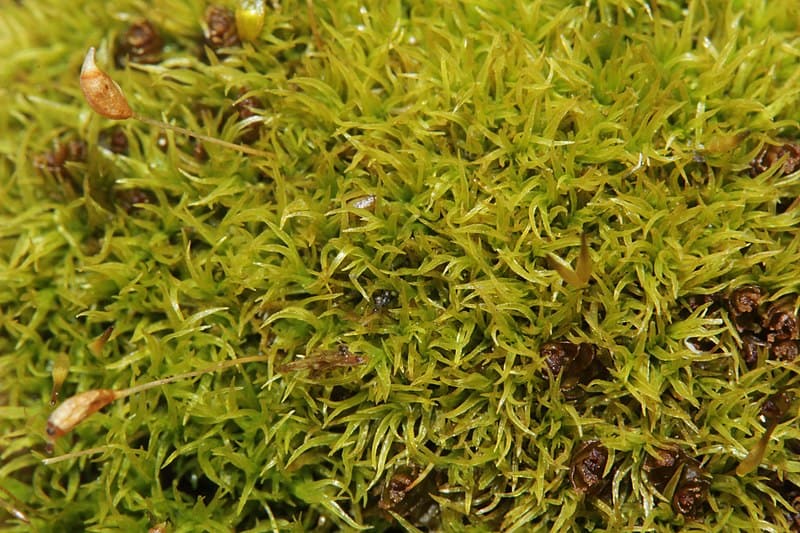
Cynodontium tenellum is notable for its delicate, hair-like appearance, often found in the crevices of alpine rocks. It forms loose, green mats that can turn a reddish-brown as they age. This moss prefers moist, shaded areas and is often spotted in the higher elevations of mountainous regions. Its fragile nature and specific habitat requirements contribute to its rarity.
Grimmia alpicola (Alpine Grimmia)
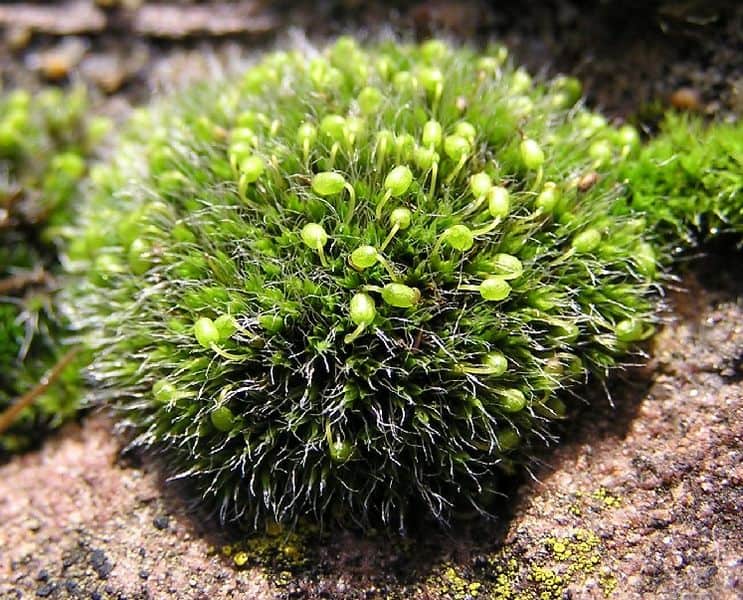
Grimmia alpicola is a high-altitude moss that typically grows on rocky surfaces in alpine and subalpine zones. It is recognized by its dense, cushion-like tufts and silvery-gray appearance due to the presence of hair points on its leaves. Its ability to withstand extreme cold and desiccation makes it a unique specimen among high-altitude bryophytes.
Hedwigia ciliata (Fringed Hoar-moss)
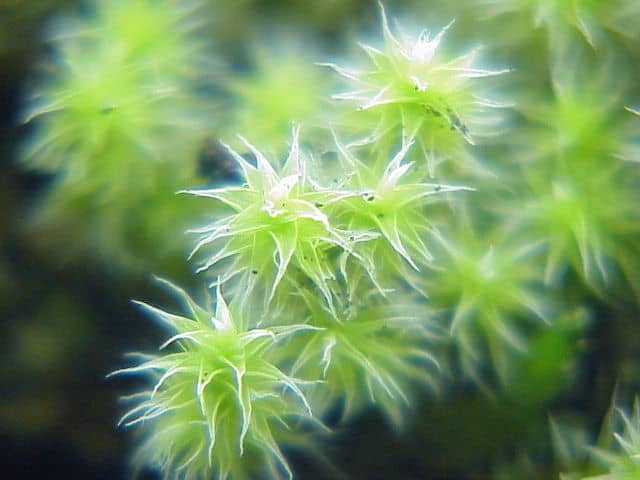
Hedwigia ciliata, commonly known as Fringed Hoar-moss, is found clinging to rocks in mountainous areas. It is characterized by its gray-green foliage, which turns white when dry, giving it a frosted appearance. The fringed edges of its leaves are a distinctive feature. Its preference for dry, exposed habitats at high elevations makes it a rare find.
Polytrichum alpinum (Alpine Haircap Moss)
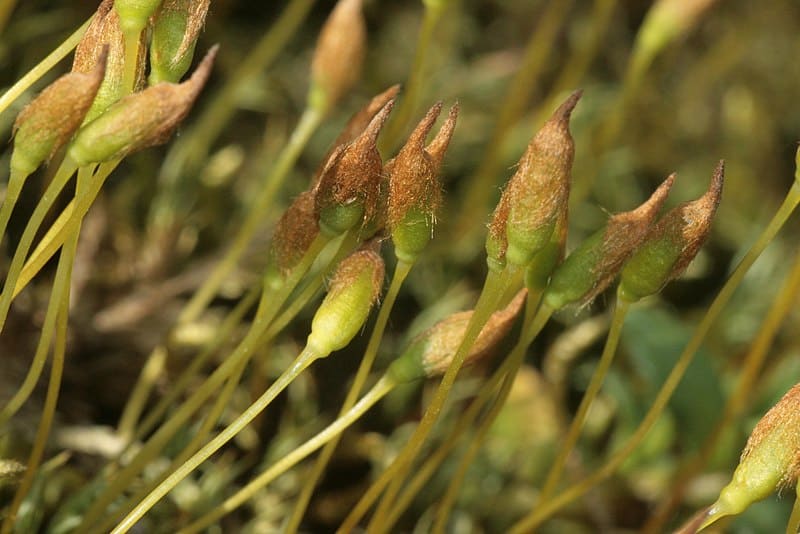
Polytrichum alpinum is a robust moss that forms dense, tall turfs in alpine meadows and rocky outcrops. It has a distinctive hairy calyptra covering its spore capsules, giving it the name “Haircap.” It is well-adapted to withstand the cold and windy conditions of high-altitude environments, which contributes to its rarity.
Racomitrium lanuginosum (Woolly Fringe-moss)
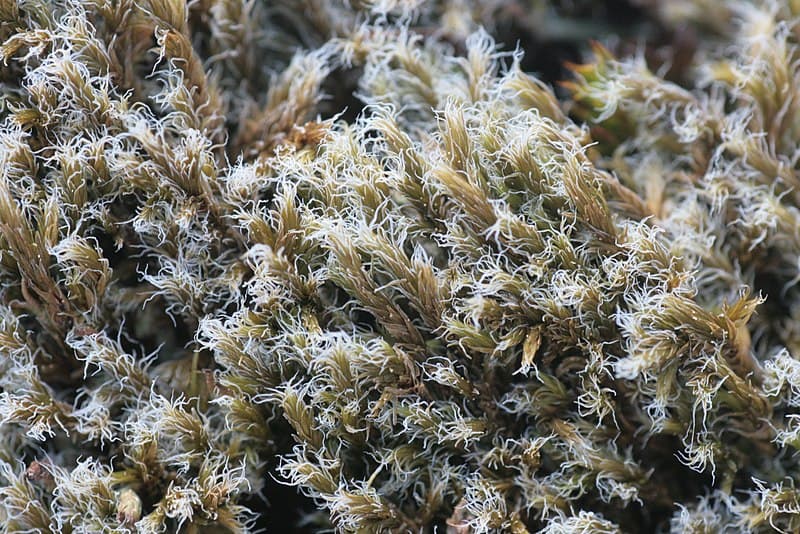
Racomitrium lanuginosum, known as Woolly Fringe-moss, forms extensive, woolly carpets over rocks in high-altitude regions. Its name derives from the dense, white hair points on its leaves, which help protect it from desiccation. This moss is often found in the harshest of alpine environments, where few other species can survive, making it a rare and specialized moss.
Tortula ruralis (Star Moss)
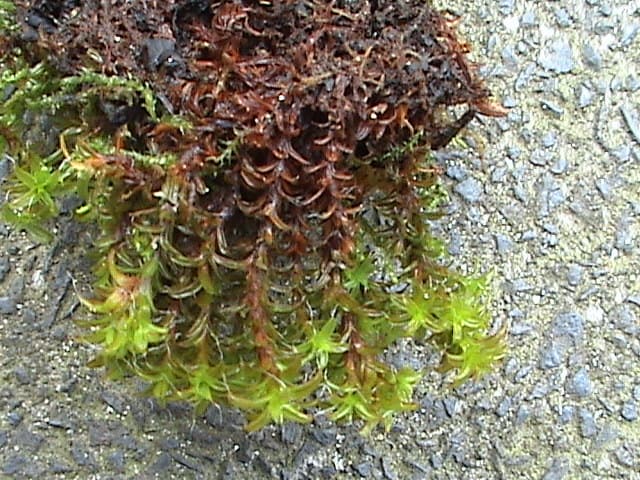
Tortula ruralis, or Star Moss, is a resilient species found in rocky, high-altitude habitats. It forms star-shaped rosettes of leaves and can withstand extreme desiccation, reviving quickly when rehydrated. Its ability to survive in such extreme conditions is a testament to its unique adaptations and contributes to its rarity.
Ditrichum lineare (Slender Ditrichum)
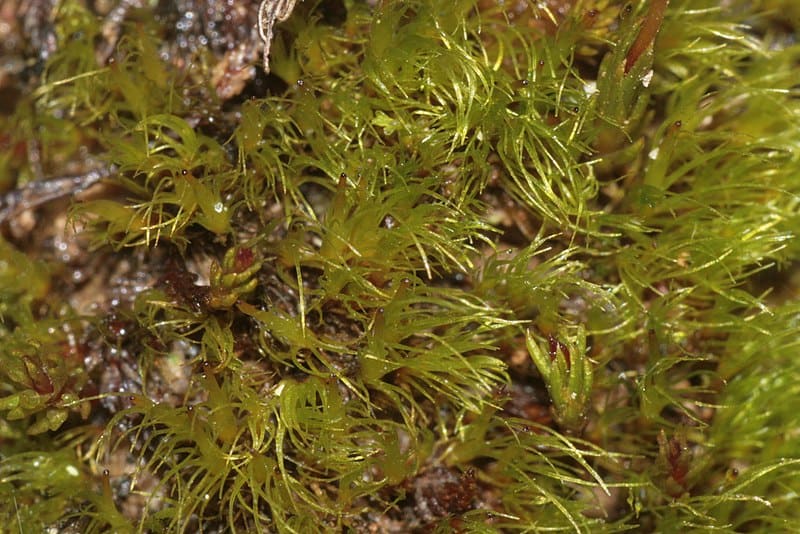
Ditrichum lineare is a slender, bright green moss that thrives in the moist, shaded areas of high-altitude forests. It forms delicate, upright stems and is often found on decaying wood or soil. This moss’s specific habitat preferences and limited distribution make it a rare find for moss enthusiasts.
Bucklandiella sudetica (Sudetian Grimmia)
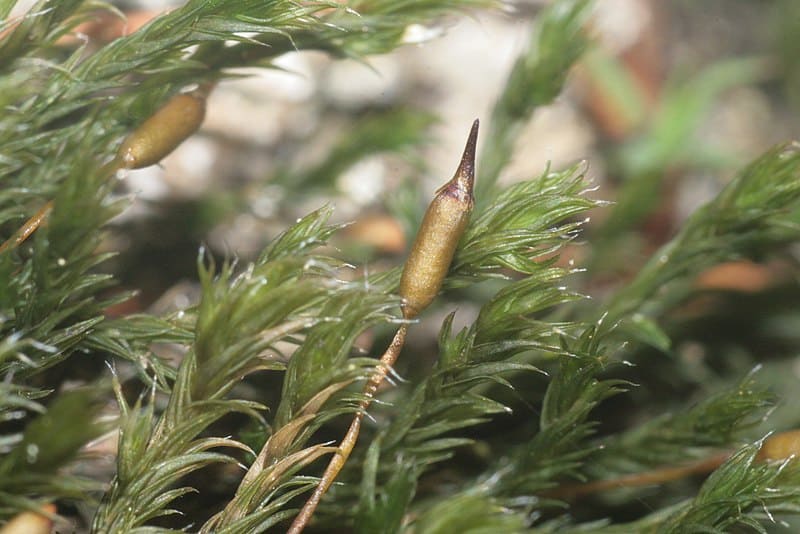
Bucklandiella sudetica is a high-altitude moss known for its dense, cushion-like growth on rocky substrates. It has a dark green to blackish appearance and is often found in crevices where moisture is retained. This moss is highly specialized for cold, alpine environments, contributing to its rarity.
Pohlia nutans (Nodding Thread-moss)
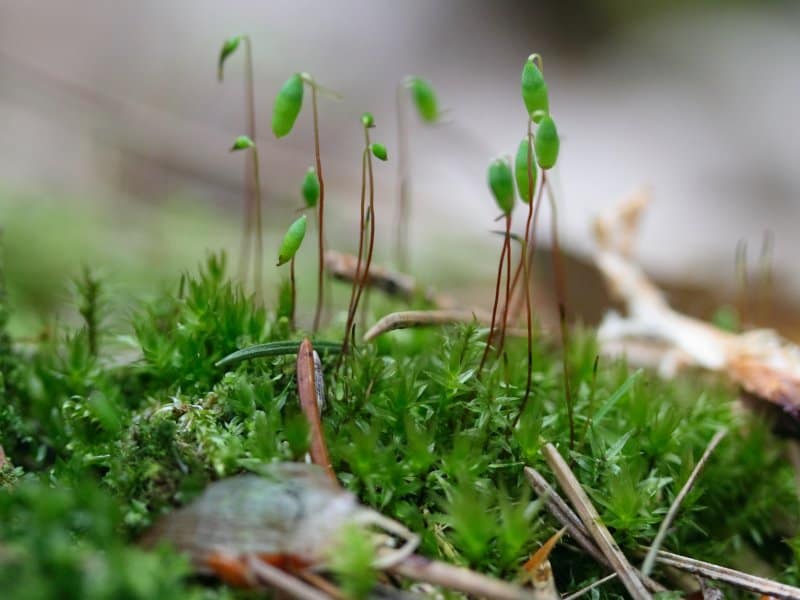
Pohlia nutans is a high-altitude moss characterized by its nodding capsules on slender stalks. It prefers moist, shaded areas and often grows on soil or decaying wood. Its unique reproductive structures and habitat preferences make it a fascinating and rare moss.
Orthotrichum anomalum (Anomalous Bristle-moss)
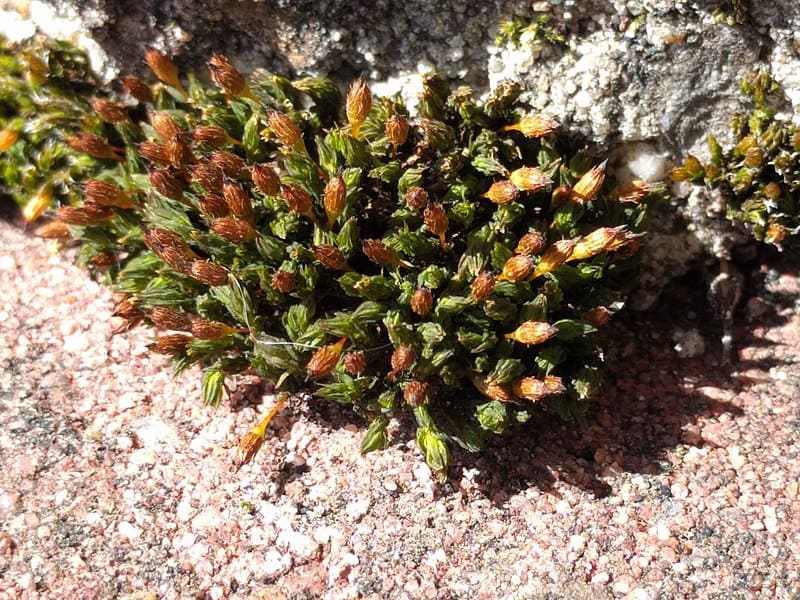
Orthotrichum anomalum is found in high-altitude regions, often on exposed rocks. It is recognized by its short, tufted growth and the bristle-like appearance of its capsules. This moss’s ability to thrive in harsh, exposed environments adds to its uniqueness and rarity.
Dicranoweisia crispula (Crisped Fork-moss)
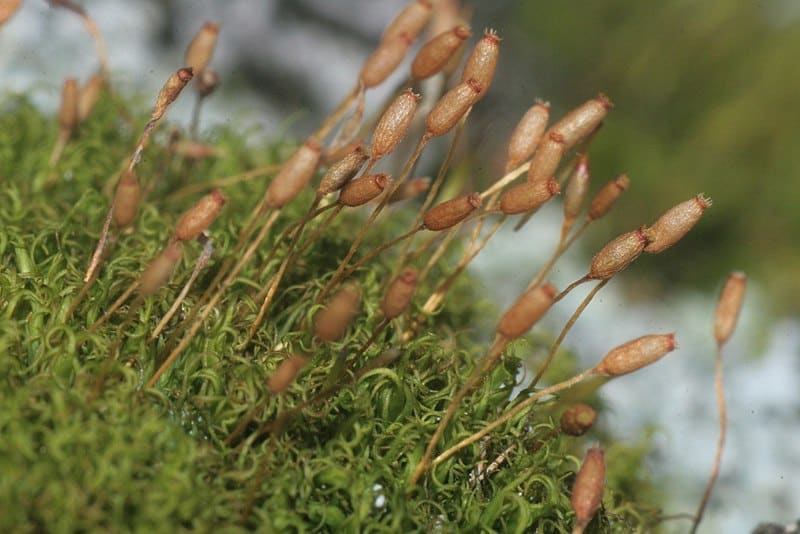
Dicranoweisia crispula is a high-altitude moss with tightly packed, crisped leaves that form dense tufts on rocky surfaces. It is well-adapted to cold and windy conditions, making it a rare and specialized moss. Its unique leaf structure helps it retain moisture in harsh environments.
Leucobryum glaucum (Pincushion Moss)
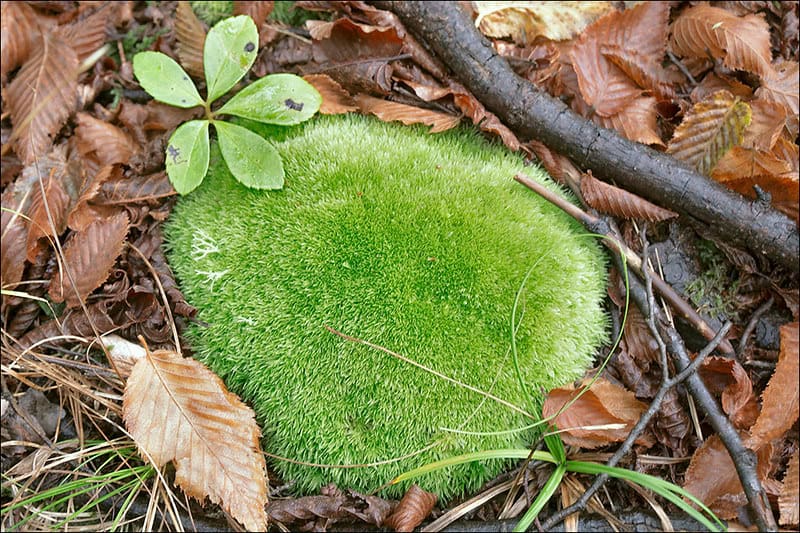
Leucobryum glaucum, or Pincushion Moss, forms dense, cushion-like mounds in high-altitude forests. Its leaves are pale green to white, giving it a distinctive appearance. It prefers moist, shaded areas and is often found on soil or decaying wood, making it a rare and specialized species.
Bartramia pomiformis (Apple Moss)
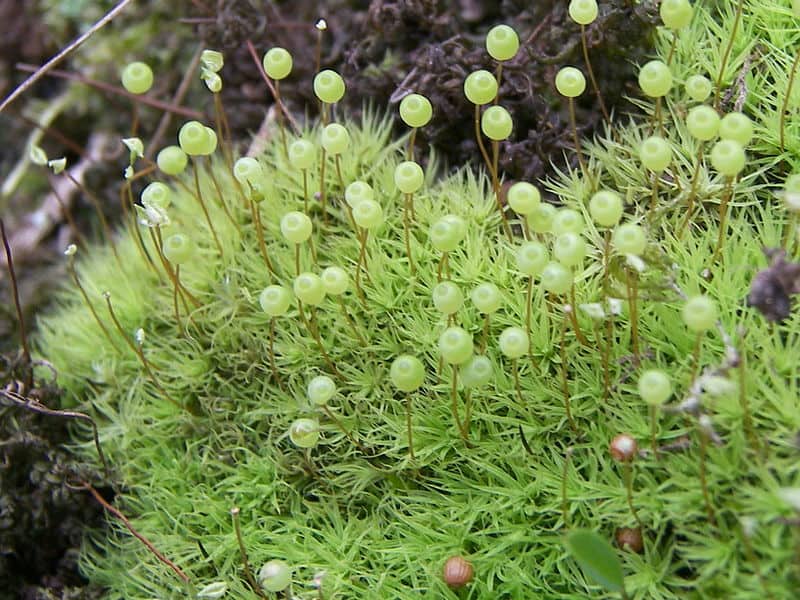
Bartramia pomiformis is a high-altitude moss known for its spherical, apple-like spore capsules. It grows on rocky surfaces in moist, shaded areas, forming dense, bright green tufts. Its unique reproductive structures and specific habitat preferences contribute to its rarity.
Aulacomnium palustre (Bog Groove-moss)
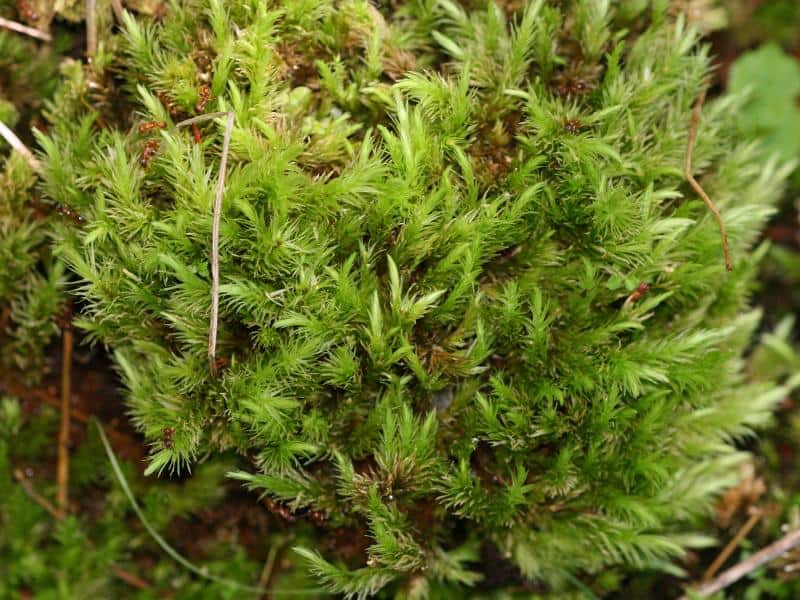
Aulacomnium palustre is found in high-altitude bogs and wet meadows, forming loose, bright green mats. It has distinctive grooved leaves that help it retain moisture in its wet habitat. This moss’s specialized adaptations and limited distribution make it a rare and interesting species.
Climacium dendroides (Tree Moss)
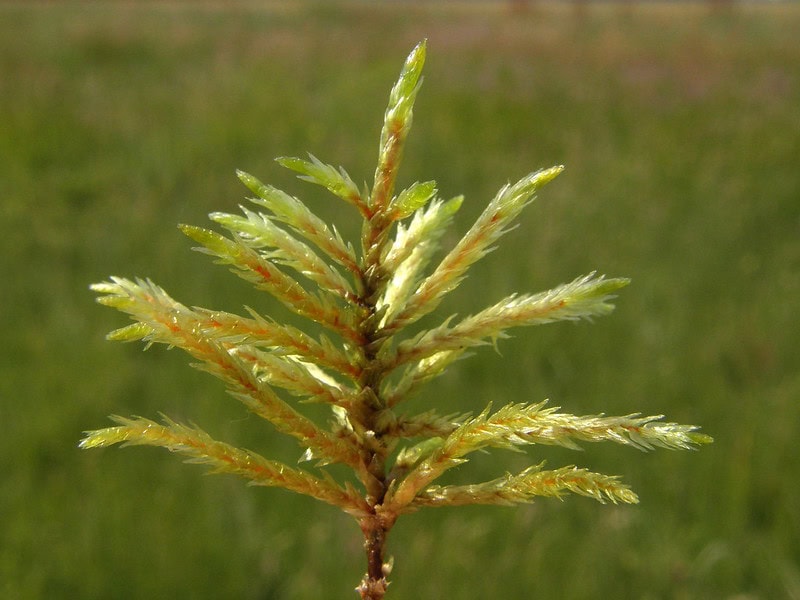
Climacium dendroides, known as Tree Moss, has a distinctive tree-like growth habit, with upright stems resembling miniature trees. It is found in high-altitude forests and meadows, often on moist soil or decaying wood. Its unique appearance and specific habitat preferences make it a rare find.
Plagiomnium affine (Many-fruited Thyme-moss)
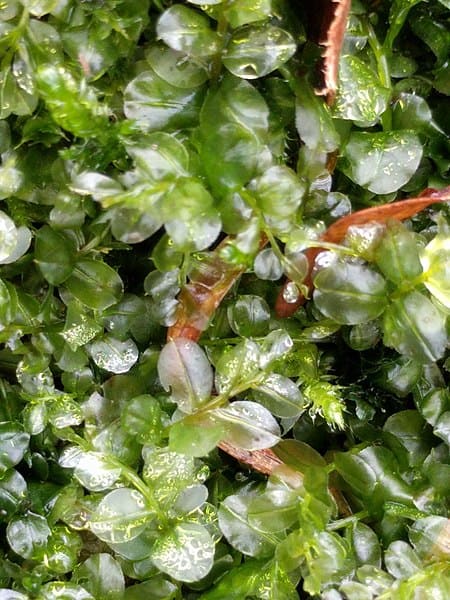
Plagiomnium affine is a high-altitude moss characterized by its broad, glossy leaves and numerous spore capsules. It prefers moist, shaded areas and often forms dense, green carpets. Its unique reproductive structures and specific habitat requirements contribute to its rarity.
Thamnobryum alopecurum (Fox-tail Feather-moss)
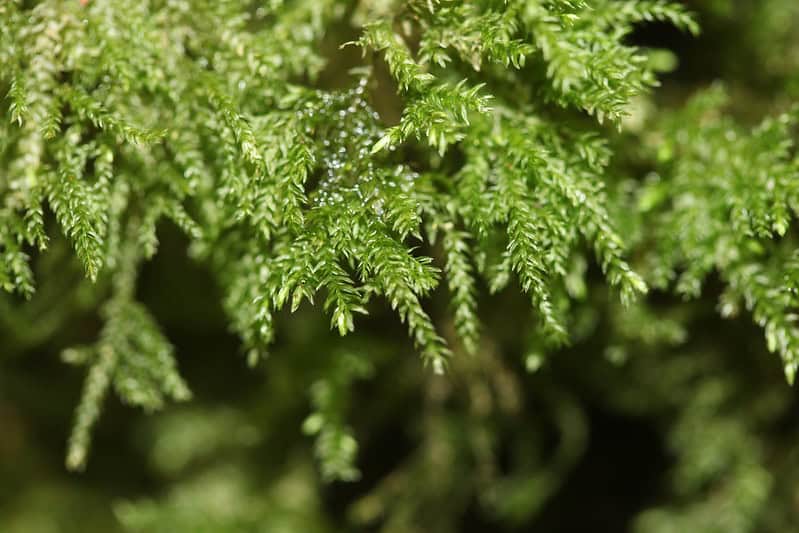
Thamnobryum alopecurum is found in high-altitude regions, often in moist, shaded areas. It is recognized by its feathery appearance and upright, fox-tail-like stems. This moss’s specialized habitat preferences and distinctive morphology make it a rare and fascinating species.
This article originally appeared on Rarest.org.
More From Rarest.Org
Sports memorabilia holds a special place in the hearts of fans and collectors alike, serving as tangible reminders of iconic moments and legendary athletes. From jerseys worn during historic games to rare baseball cards, these items often fetch astonishing prices at auction. Read more.
Exploring the world’s most unique natural wonders offers an incredible journey through some of Earth’s most breathtaking and awe-inspiring landscapes. From the vibrant hues of geothermal springs to the surreal formations of ancient caves, these natural marvels highlight the planet’s diverse beauty and geological wonders. Read more.
The evolution of video game consoles has been a fascinating journey, marked by innovation, competition, and a relentless drive to enhance the gaming experience. From the early days of simple graphics and basic gameplay to the sophisticated, immersive worlds of today, each console has contributed uniquely to the industry. Read more.



